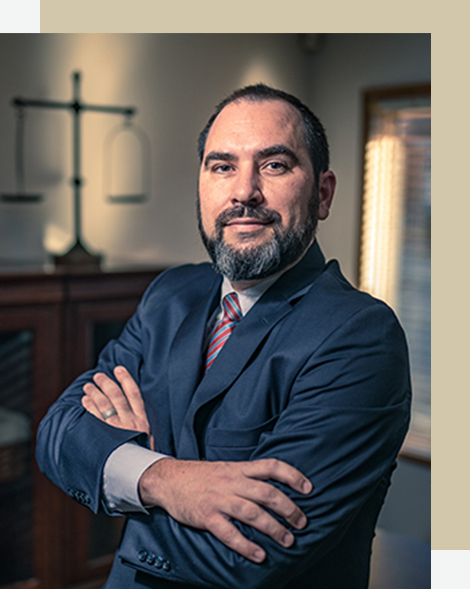The best way to prevent being suspected or charged with a DUI is to never drink any alcohol or consume any drugs prior to driving. However, if you have consumed alcohol within 12 hours of driving, the following is an Illinois specific view of the different actions that can be taken. It is important to remember that any time you are in contact with the police you should remain calm, polite, and respectful. If the police officer asks you if you’ve consumed any alcohol you have the right to politely advise that you do not wish to answer that and would like to speak to your attorney. If they ask you to step out of the vehicle, you must do so as required by Illinois law. If you refuse to step out of the vehicle, you could be charged with resisting arrest or obstructing justice. You are not required to submit to the field sobriety tests and if you have been consuming any alcohol within the last twelve hours, you have the right to refuse to submit to any field sobriety tests including refusing to allow an officer to check your eyes, to blow into a PBT, or to blow into a Breathalyzer back at a police station. If a police officer asks you to perform any test you have the right to politely state, “no thank you.” You have the right to not perform any field sobriety tests such as the Horizontal Gaze Nystagmus Test (HGN), standing on one leg, walking a straight line, or any other field sobriety test. There is no criminal penalty for refusing to do any of these tests. The penalty with regards to your license being suspended for refusal, pertains to the Breathalyzer back at the police station. Likely, the only penalty you would face for refusing to provide a breath sample back at the police station would be a suspension of your driver’s license. However, if you have a good attorney representing you, you could very likely get that statutory summary suspension rescinded if there is not sufficient evidence against you. (*Note public defenders cannot file a petition to fight for your license). It is important to remember that the purpose of the field sobriety test, PBT, and Breathalyzer are so that the police can gather more evidence to be used against you and in the prosecution of your DUI and statutory summary suspension. Therefore, the more field sobriety or alcohol tests you agree to provide, the more evidence that could be used against you in the DUI and/or statutory summary suspension. The police are trained to use intimidation and scare tactics to try to get you to perform field sobriety tests or to blow into a PBT or Breathalyzer. The police are not required to tell you the truth. Regardless of what the police tell you, if they have evidence to be used against you to charge you with a DUI, they have the authority to and will very likely do just that. However, if you refuse to do the field sobriety tests or perform any chemical tests and they place you under arrest for a DUI, assuming there is very little evidence against you, you have a very good chance of being able to avoid a DUI or even being charged. Based on our experience as prosecutors and defense attorneys, being pulled over for a DUI is a very intimidating experience. The more you understand your rights and can follow these tips, the better the chance of avoiding a DUI. To be clear, the most important thing to take away from this is to never consume any alcohol and/or drugs and get behind the wheel. We would encourage you to share this information with your friends and family so that they can avoid the painful experience of being charged with a DUI. Research shows that a DUI charge, if it leads to a plea or finding of guilty, can result in out of pocket expenses up to $10,000.00. For the time that it takes to share this information, you could save someone a lot of money. If you have any questions or would like to talk about this further, please contact our office. David W. Lawler and Stephen N. Brown
Tips to avoid a DUI in Illinois
